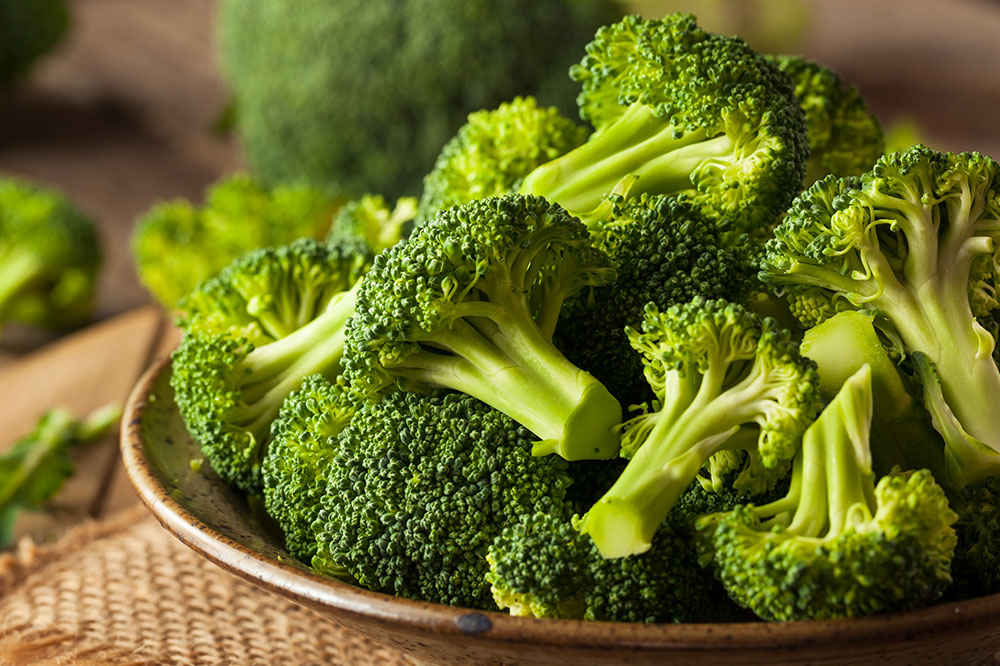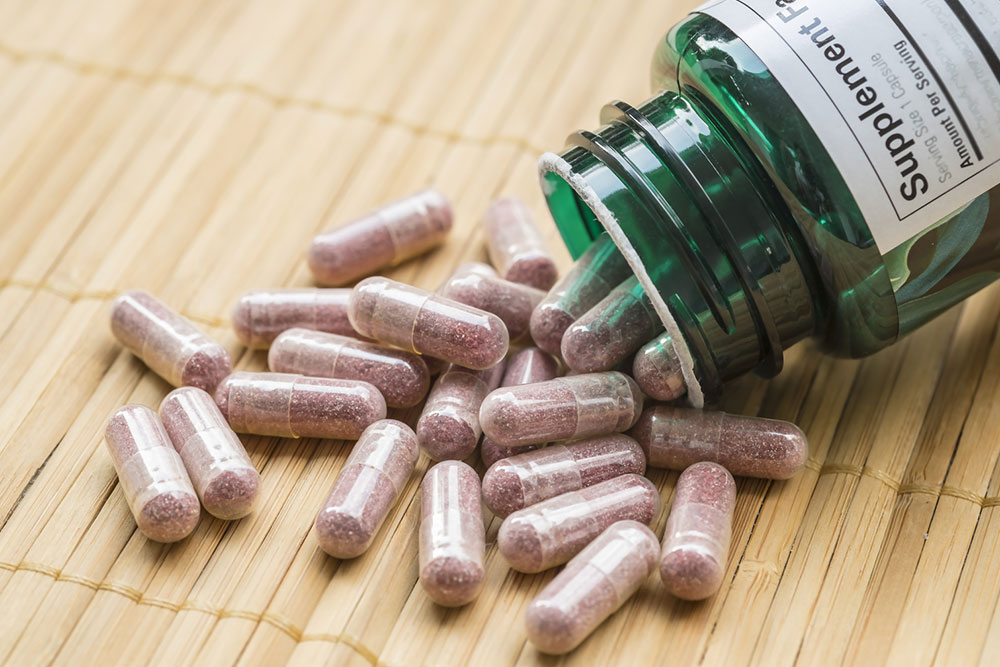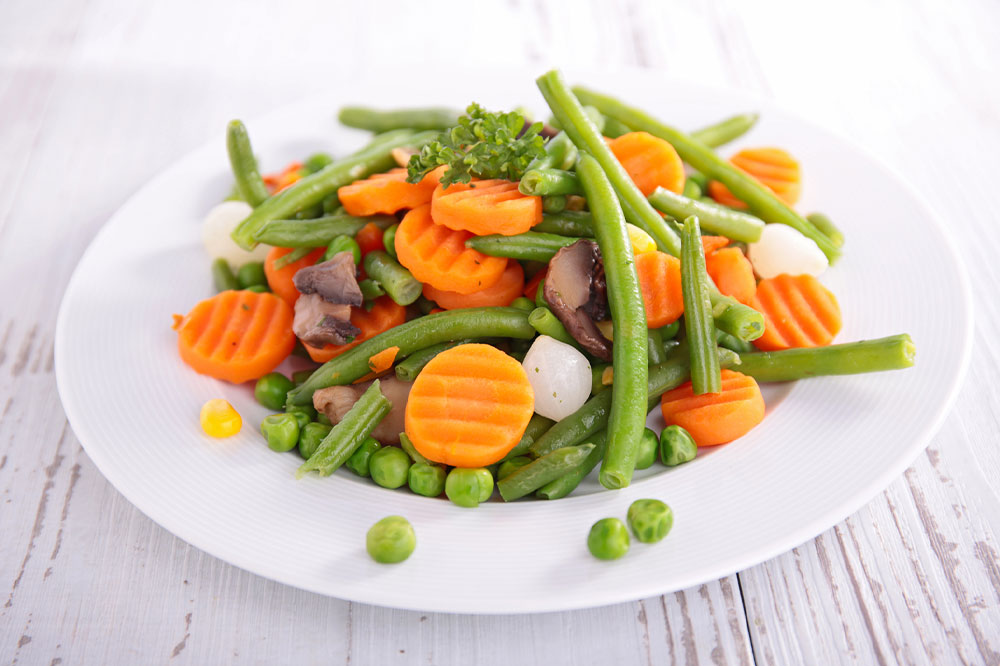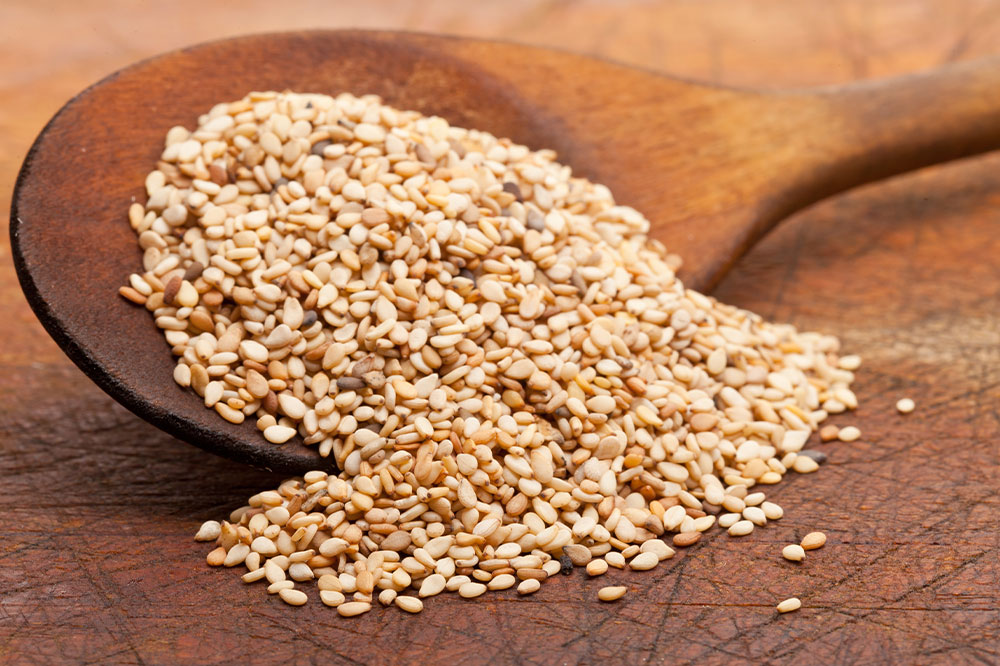Diet Recommendations for Prostate Cancer: What to Eat and What to Avoid
This guide highlights dietary choices beneficial for prostate cancer prevention and management. It emphasizes incorporating lycopene-rich fruits like tomatoes, vegetables, and fish while avoiding red meats, processed foods, and excessive calcium. Proper nutrition can support treatment and reduce risks, but always consult healthcare professionals for personalized advice. Staying informed about dietary impacts can help men maintain prostate health more effectively.
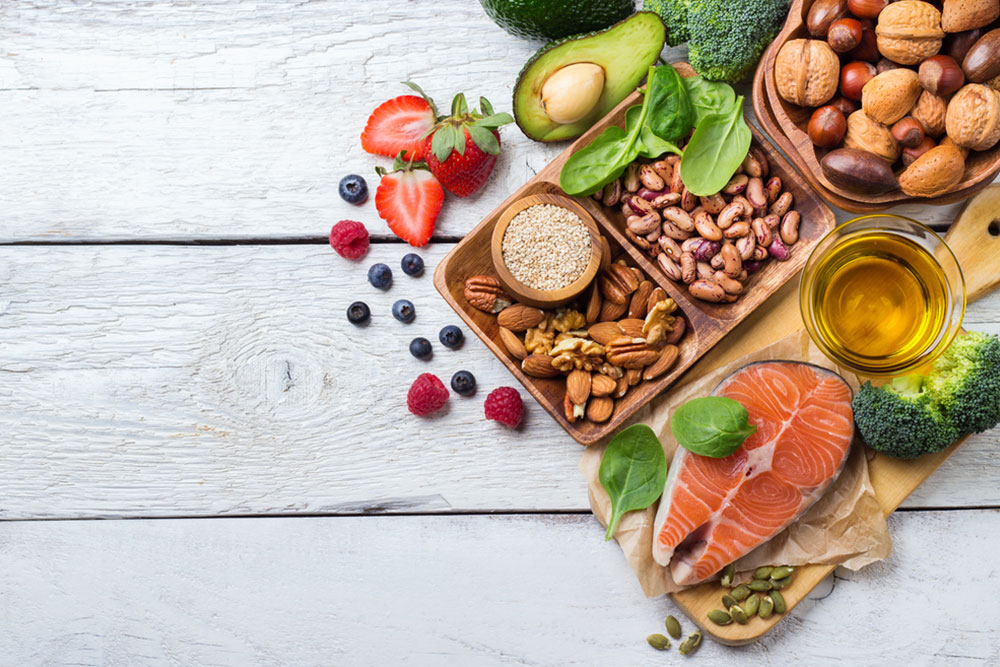
Proper nutrition plays a vital role during prostate cancer treatment. Consuming the right foods ensures the body receives essential nutrients and energy needed for recovery, especially when battling the side effects of radiation and chemotherapy.
Foods Beneficial for Combatting Prostate Cancer
To help prevent or fight prostate cancer, incorporating specific foods into your diet can be advantageous:
Tomatoes contain lycopene, a powerful antioxidant linked to lower risks of prostate, stomach, and lung cancers. Lycopene may also slow cancer cell progression and is most beneficial when eaten in natural forms.
Including a variety of vegetables and fruits provides protective benefits. Fruits rich in lycopene like papaya, guava, and watermelon should be part of your diet. Pectin-rich foods such as apples, plums, and apricots can reduce cancerous cells significantly.
Consuming fiber-rich vegetables, particularly cruciferous options like broccoli and cauliflower, can inhibit cancer cell growth. Diets high in vegetables are associated with lower prostate cancer rates, partly explaining the lower incidence among Asian populations.
Additionally, green tea and soy products are under study for their potential protective effects. Other legumes and pulses containing similar compounds may also help prevent prostate cancer. Omega-3-rich fish such as salmon and mackerel can decrease risk levels.
Pomegranate has shown some promise in supporting prostate health, but more research is needed. Men should consult healthcare providers before including pomegranate in their routine, especially when on medication due to possible interactions.
Foods to Limit or Avoid
High consumption of red meat and beef correlates with increased prostate cancer risk. Studies note that grilled, barbecued, or well-done meats pose higher risks. Opt for lean meats, legumes, and beans as protein sources instead.
Low-fat dairy options may be acceptable, but full-fat dairy products contain fats that could promote disease progression.
Excessive calcium intake and high-dose zinc supplements might stimulate cancer growth and should be limited.
Processed foods, salted foods, pickles, and preserved items can contribute to health issues and should be avoided.
Flaxseed oil may encourage prostate cancer growth and should be used cautiously.
Reducing saturated fats is recommended. Replacing animal fats with healthier oils like avocado and olive oil, rich in antioxidants and vitamin E, may benefit prostate health.
Note: The information provided aims to guide healthier choices for prostate health. Always consult your healthcare provider before making significant dietary changes, especially when managing cancer or related treatments. Our content is informational and not a substitute for professional medical advice.

